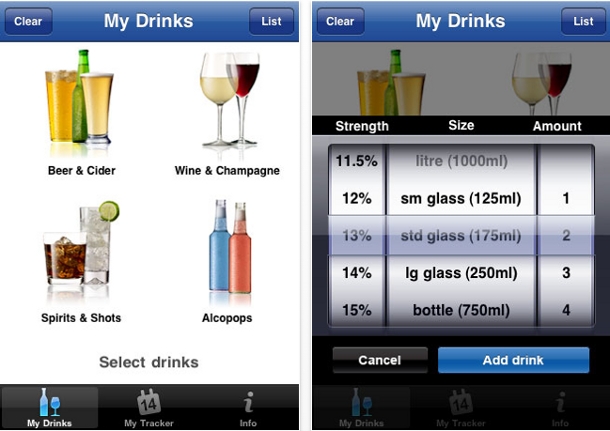Shameless elitism by government? There's an app for that

Why it's time for Whitehall to turn its back on iPhone apps
Publically funded apps for Apple's iPhone is a classic example of poorly thought out, bandwagon-jumping behaviour by Westminster, argues silicon.com's Nick Heath.
Imagine the government announcing it was commissioning a series of public information films that would only be broadcast to Sky+HD subscribers.
Anybody without a Sky+HD subscription would be unable to watch these films, resulting in a large swathe of the population not being able to find about new public services.
Such a decision would result in the government of the day being vilified by the tabloid press, outraged that public money could be spent on such bald-faced elitism.
Sound unfeasible? This kind of decision has already been taken, starting last Christmas when the government decided to hitch itself to the Apple iPhone bandwagon.
Whether it's learning how not to overdo it when out boozing, or "exciting" mini-games enticing you to join the Royal Navy, there's an app for that - all courtesy of the last government.

The NHS Drinks Tracker app was commissioned by the Department of Health at a cost of £10,000
(Image credit: Apple)
But is it really appropriate for the government to be commissioning apps for a device that is used by such a small proportion of the UK population? After all, the iPhone accounted for just 5.5 per cent of the total UK mobile phone market in 2009, according to analyst house Canalys.
Then you've got to factor in the fact the iPhone is a device that comes with a monthly contract that costs anywhere between £20 and £75 per month. Until these prices come down this is not a device that your average punter is going to have wedged in his back pocket.
The cost of developing these iPhone apps is typically between £10,000 and £15,000 - the Department of Health's iPhone app cost £10,000 to develop - which you could argue is small beer for an organisation that regularly spends billions of pounds.
But the problem doesn't lie with the level of expenditure, it lies with the fact that this is not a sensible way to spend our money.
Would the government plough money into pavements reserved purely for Segways? No - so why choose to support what is still a niche market?
Why not channel the resources used to make these iPhone apps into further developing apps that work in the web browser - a technology that is available to almost four-fifths of the UK's adult population, according to Ofcom.
Optimising these web apps for smartphones would better serve the UK population as a whole, and open up these apps to the many BlackBerry, Symbian and Android users out there.
However, even if the decision to publically fund iPhone apps were justifiable, it would not address the failings of the apps themselves.
How about the NHS Drinks Tracker? A handy app that allows people to calculate the units of alcohol they have drunk. Ask yourself how many people are going to have the inclination, or even the wherewithal, to interrupt a night on the tiles to religiously record every drink poured down their throat?
Or the Royal Navy training app: a collection of pixelated mini-games that would have been cutting-edge circa 1984 and which is unlikely to hold much sway for a generation raised on the photo-realism of the Call of Duty series.
Also, look at the Jobcentre Plus app. This one's available for Google Android phones too, but how many people without a regular income are able to afford such devices when they come with sizeable monthly tariffs?
With a Canary Wharf-sized hole at the heart of public finances, the government can ill afford such opportunistic ventures into me-too territory.
Whatever the political hue of the incoming government, it's time for them to cut the purse strings on this folly and leave the iPhone apps to the citizen developers.
To find out why silicon.com's Natasha Lomas believes the government should be making iPhone apps, click here.
What do you think? Should public money be spent on creating iPhone apps? Let us know by posting a reader comment below.